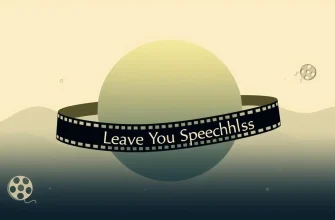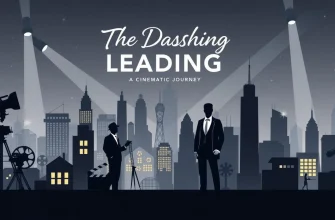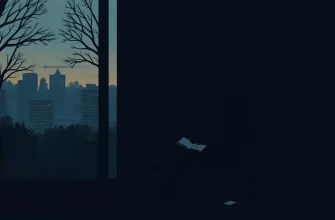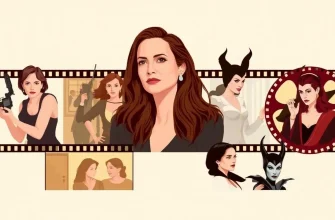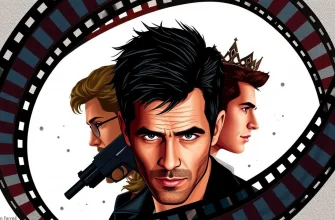Existential films delve into the profound questions of existence, identity, and the human condition. This curated list of ten films offers viewers a journey through philosophical introspection, challenging perceptions and inviting contemplation on life's biggest mysteries. Each film in this collection not only entertains but also provokes thought, making them essential viewing for anyone interested in exploring existential themes.

Ikiru (1952)
Description: Akira Kurosawa's poignant tale of a bureaucrat facing terminal illness, who seeks to find purpose and leave a legacy, exploring themes of life, death, and legacy.
Fact: The film was remade in English as "Living" in 2022, directed by Oliver Hermanus.
 Watch Now
Watch Now 
The Seventh Seal (1957)
Description: Ingmar Bergman's film features a knight playing chess with Death, symbolizing the human struggle with mortality and the search for meaning in life.
Fact: The film was inspired by a medieval painting in a church in Sweden, which depicted Death playing chess with a knight.
 Watch Now
Watch Now 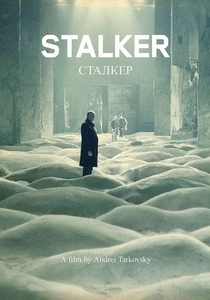
Stalker (1979)
Description: Andrei Tarkovsky's masterpiece examines the search for meaning and truth in a mysterious, forbidden zone, reflecting on human desires and the essence of life.
Fact: The film was shot in Estonia, and the Zone was inspired by the Chernobyl Exclusion Zone, though it was filmed before the disaster.
 Watch Now
Watch Now 
The Double Life of Veronique (1991)
Description: Krzysztof Kieślowski's film about two identical women living in different countries, exploring themes of identity, fate, and the interconnectedness of human lives.
Fact: The film was shot in both Poland and France, with the two actresses never meeting during filming to maintain the illusion of their connection.
 Watch Now
Watch Now 
The Thin Red Line (1998)
Description: Terrence Malick's war epic that delves into the existential questions soldiers face during World War II, exploring themes of nature, humanity, and the search for meaning in chaos.
Fact: The film features a large ensemble cast, many of whom had their roles significantly reduced or cut in the final edit.
 Watch Now
Watch Now 
The Matrix (1999)
Description: This film explores the concept of reality versus illusion, questioning the nature of existence and the freedom of choice within a simulated world.
Fact: The film's "bullet time" effect revolutionized visual effects in cinema. It was also one of the first films to use extensive digital effects for its action sequences.
 Watch Now
Watch Now 
Waking Life (2001)
Description: Richard Linklater's animated film where the protagonist navigates through dream-like states, discussing philosophical and existential topics with various characters.
Fact: The film uses rotoscoping, where live-action footage is traced over to create an animated effect, giving it a unique visual style.
 Watch Now
Watch Now 
Synecdoche, New York (2008)
Description: Charlie Kaufman's film about a theater director creating a life-size replica of New York inside a warehouse, blurring the lines between reality and art, and exploring the search for meaning.
Fact: The film's title refers to a figure of speech where a part represents the whole, reflecting the film's theme of life's interconnectedness.
 Watch Now
Watch Now 
The Tree of Life (2011)
Description: Terrence Malick's exploration of existence through the lens of a family's life, juxtaposed with the creation of the universe, delves into the meaning of life and the nature of grace.
Fact: The film includes scenes from the universe's creation, using real NASA footage and CGI to depict the Big Bang.
 Watch Now
Watch Now 
Enter the Void (2009)
Description: Gaspar Noé's visually and thematically intense film follows a soul's journey after death, examining themes of life, death, and the afterlife.
Fact: The film was shot using a special camera rig to simulate the point of view of the main character, even after his death.
 Watch Now
Watch Now 




